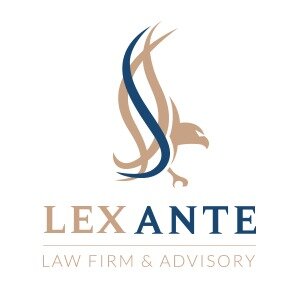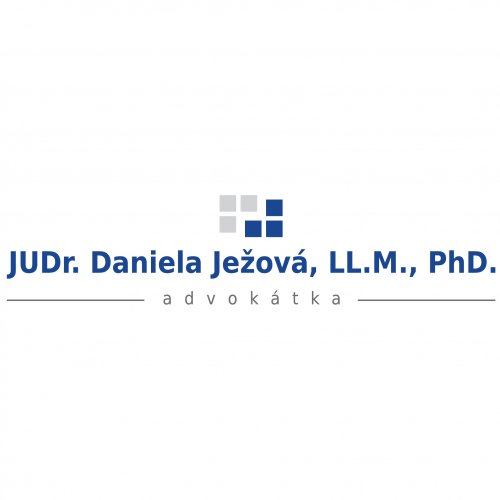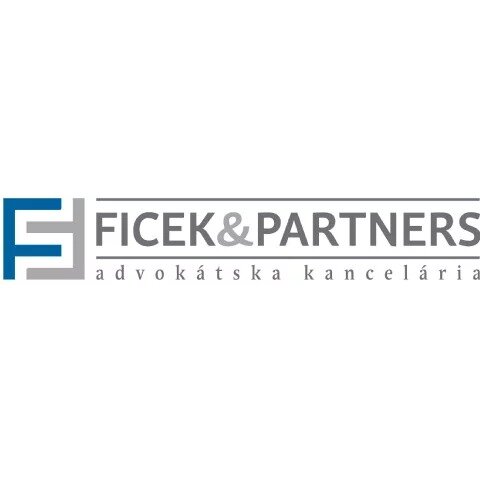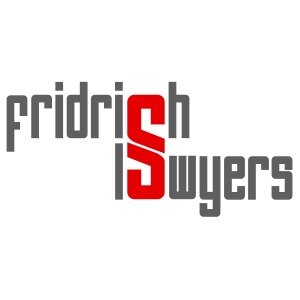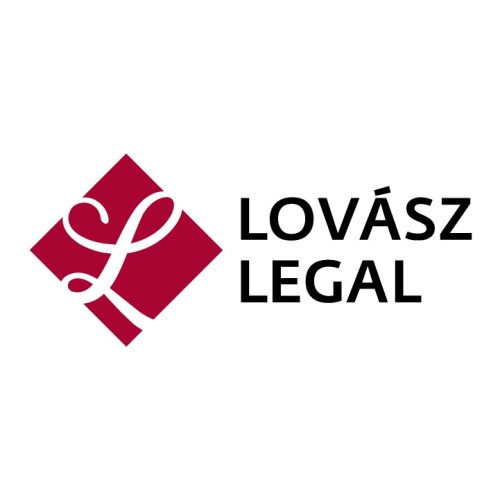Best Education Law Lawyers in Slovakia
Share your needs with us, get contacted by law firms.
Free. Takes 2 min.
Or refine your search by selecting a city:
List of the best lawyers in Slovakia
About Education Law in Slovakia
Education Law in Slovakia encompasses the statutes and regulations governing the educational system within the country. This legal domain covers a broad array of issues, including the rights and responsibilities of educators and students, curriculum standards, discipline procedures, special education requirements, and equality in educational opportunities. Slovak Education Law ensures that the educational framework operates efficiently and fairly, while also addressing the diverse needs of students at all educational levels.
Why You May Need a Lawyer
There are several situations where individuals or institutions may require legal assistance in the field of Education Law:
- Disputes over student rights or disciplinary actions, including suspensions or expulsions.
- Concerns regarding equal access to education, particularly for students with disabilities or special needs.
- Conflict resolution between parents, students, and educational institutions.
- Legal issues related to curriculum content or educational standards compliance.
- Accusations of misconduct against educational professionals.
- Funding and resource allocation disputes.
Local Laws Overview
Education Law in Slovakia is guided by a combination of national legislation and regulations. Key aspects include:
- The Education Act: Sets out the structure of the educational system, governance, and administration of educational institutions.
- Anti-Discrimination Laws: Ensure equal opportunities for all students, including those with disabilities and from minority backgrounds.
- Student Rights and Responsibilities: Outlines students' rights to safe, non-discriminatory education and their associated responsibilities.
- Teacher and Staff Regulations: Governs the appointment, conduct, and professional standards of educators.
- Special Education Laws: Specify the rights and provisions for students with special educational needs.
- Higher Education Laws: Address issues related to universities and other higher education institutions, including autonomy and funding.
Frequently Asked Questions
What rights do students have in Slovak schools?
Students in Slovakia are entitled to rights such as non-discrimination, participation in educational activities, access to adequate instruction, and the protection of personal dignity and privacy.
How is special education handled in Slovakia?
Special education in Slovakia is designed to address the specific needs of students with disabilities or special needs. Laws mandate tailored educational programs and appropriate support services to facilitate equal learning opportunities.
What can a parent do if they disagree with a school's decision about their child?
Parents in Slovakia have the right to challenge school decisions through appeals and requests for review by higher educational authorities, as per the guidelines outlined in the Education Act.
Are there laws protecting teachers in Slovakia?
Yes, there are laws that protect teachers, including employment rights, protection from unlawful dismissal, and guidelines regarding their professional conduct and responsibilities.
What constitutes educational discrimination in Slovakia?
Educational discrimination refers to any form of unequal treatment based on characteristics such as race, gender, disability, or socio-economic status that adversely affects access to educational opportunities.
How does Slovak law handle bullying in schools?
Bullying in Slovak schools is addressed under several frameworks promoting a safe educational environment. Schools are required to have anti-bullying policies and procedures for prevention and resolution.
Can foreign students attend Slovak public schools?
Yes, foreign students can attend Slovak public schools. They must typically meet certain residency or visa requirements and may need to participate in language support programs.
How are education standards set in Slovakia?
Education standards in Slovakia are established by the Ministry of Education, Science, Research, and Sport, which develops and oversees curricula to ensure consistent and adequate educational outcomes.
What are the options for homeschooling in Slovakia?
Homeschooling is allowed in Slovakia but regulated by specific legal standards. Parents must inform relevant authorities and follow guidelines to ensure compliance with educational requirements.
What recourse is available if a school fails to provide adequate education?
If a school fails to provide adequate education, stakeholders can take legal action or submit complaints to the Ministry of Education or other relevant educational authorities for intervention and resolution.
Additional Resources
For further information on Education Law in Slovakia, consider exploring the following resources:
- Ministry of Education, Science, Research, and Sport of the Slovak Republic
- Slovak National Centre for Human Rights
- Non-Governmental Organizations focusing on educational rights
- Legal aid services for individuals seeking assistance in education-related matters
- Educational law research institutes providing studies and publications on Slovak education law
Next Steps
If you need legal advice regarding Education Law in Slovakia, consider these steps:
- Consult with a lawyer specializing in Education Law to understand your rights and options.
- Gather all relevant documents and details related to your situation for a thorough legal consultation.
- Contact appropriate governmental and educational bodies to seek preliminary advice or guidance.
- Explore alternative dispute resolution methods if suitable for your case.
- Follow legal procedures diligently to protect your or your child's educational rights.
Lawzana helps you find the best lawyers and law firms in Slovakia through a curated and pre-screened list of qualified legal professionals. Our platform offers rankings and detailed profiles of attorneys and law firms, allowing you to compare based on practice areas, including Education Law, experience, and client feedback.
Each profile includes a description of the firm's areas of practice, client reviews, team members and partners, year of establishment, spoken languages, office locations, contact information, social media presence, and any published articles or resources. Most firms on our platform speak English and are experienced in both local and international legal matters.
Get a quote from top-rated law firms in Slovakia — quickly, securely, and without unnecessary hassle.
Disclaimer:
The information provided on this page is for general informational purposes only and does not constitute legal advice. While we strive to ensure the accuracy and relevance of the content, legal information may change over time, and interpretations of the law can vary. You should always consult with a qualified legal professional for advice specific to your situation.
We disclaim all liability for actions taken or not taken based on the content of this page. If you believe any information is incorrect or outdated, please contact us, and we will review and update it where appropriate.
Browse education law law firms by city in Slovakia
Refine your search by selecting a city.



